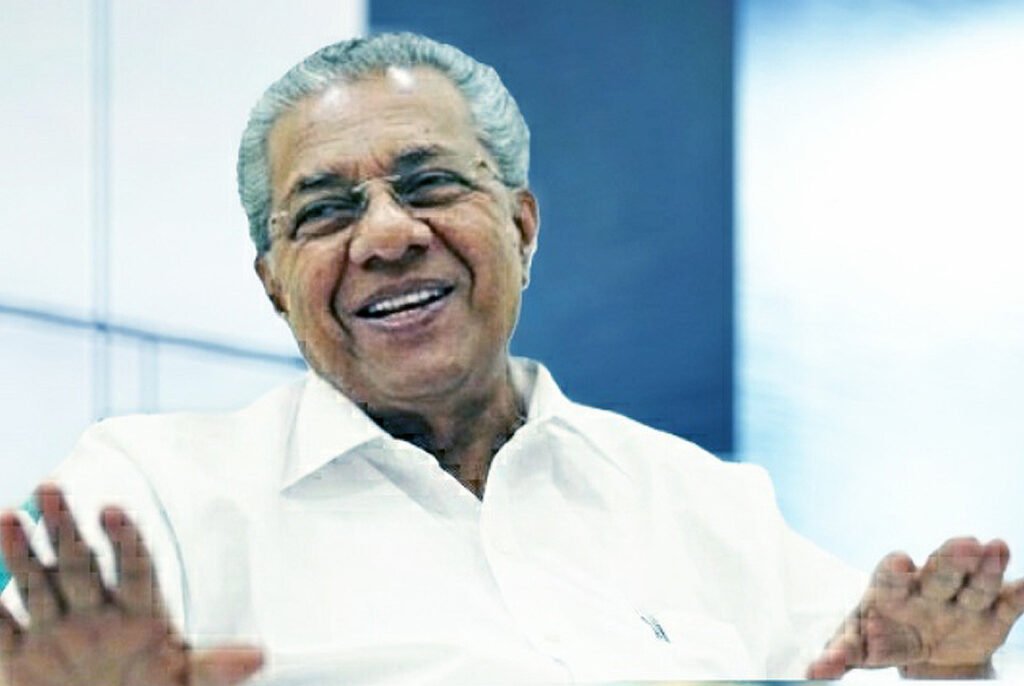Chief Minister Pinarayi Vijayan openly rebuked Governor Arif Mohammad Khan, highlighting what he perceived as an apparent conflict of interest rooted in the Governor’s allegiance to the Rashtriya Swayamsevak Sangh (RSS). The Chief Minister stressed that professional responsibilities, particularly those of a governmental position as influential as that of a Governor, should be performed with neutrality and devoid of individual or party-centric bias. Vijayan argued that the Governor’s overt expressions of loyalty to the RSS infringed upon his ability to act impartially, thereby diluting the ethos of his constitutional role. He urged the Governor’s office to transcend affiliations and remain independent, working solely in the public interest.
Governor’s RSS Praise:
Chief Minister Pinarayi Vijayan has voiced his disquiet over Governor Khan’s manifest admiration for the RSS, implying a significant threat to the impartiality expected of his constitutional role. Vijayan emphasized that the Governor’s office is not a platform for political patronage or to promote personal ideologies; instead, it should epitomize impartiality and act in the more significant interest of the State. Any deviation from this path, as evidenced by the Governor’s overt RSS appreciation, he further suggested, not only compromises the dignity of the office but also risks tarnishing the democratic fabric of the State. His concerns resonate with a broader need for a clear distinction between professional responsibilities and personal political leanings in governance.
Governor’s Anti-Communist Comments:
Chief Minister Pinarayi Vijayan articulated his concerns over Governor Arif Mohammad Khan’s public anti-communist expressions in a striking critique. Vijayan stated that it was inappropriate for the Governor to capitalize on his official position to propagate personal political ideologies—most notably his anti-communist stance. Drawing on the fundamental principles of democracy, Vijayan reminded us that a Governor’s role is to represent the State’s interests above personal or political affiliations. He called out the Governor for allowing his ideological leanings to cloud his judgment and potentially compromise his impartiality. This nuanced argument underlines the fundamental tension between individual political views and public duty, particularly in roles critical to the functioning of a democracy.
Governor’s Misinterpretation of History:
In a move that could stoke the ongoing conflict, Vijayan counters the Governor’s statements, contesting his belief that communists seized power through forceful means. The Chief Minister urges the Governor to delve deeper into historical texts and develop a more accurate understanding of how communist power structures were established, implying that the Governor’s view shows a lack of historical knowledge. Vijayan’s challenge signifies a broader issue — the distortion or misinterpretation of history for political gain. As the state leader with a significant communist presence, Vijayan’s point underscores the importance of historical accuracy in political discourse.
RSS’s Influence and Historical Claims:
Chief Minister Pinarayi Vijayan challenges the Rashtriya Swayamsevak Sangh’s (RSS) narrative regarding their influence and role in the Indian freedom struggle. Drawing attention to the need for factual accuracy in historical recounting, Vijayan questioned RSS’s claims of being pivotal contributors to the struggle for independence. He further debunked their assertion of wielding a significant influence over Kerala’s political arena, which, according to him, remains a robust bastion of democracy impervious to any form of dictation. In Vijayan’s view, the RSS’s attempts to rewrite history and inflate its relevance in Kerala’s political landscape are unfounded and misleading. He emphasizes the importance of retaining historical integrity to ensure well-informed political discourse and decision-making, thus reinforcing his commitment to democratic values.


